 I’ve been reading Marry Me, Dan Rhodes’s new collection of flash fiction on the theme of marriage. This being Rhodes, all is not exactly sweetness and light: in many of these stories, a male narrator is treated shabbily by his female partner – or occasionally he’s the one behaving shabbily himself – in absurd and darkly amusing ways.
I’ve been reading Marry Me, Dan Rhodes’s new collection of flash fiction on the theme of marriage. This being Rhodes, all is not exactly sweetness and light: in many of these stories, a male narrator is treated shabbily by his female partner – or occasionally he’s the one behaving shabbily himself – in absurd and darkly amusing ways.
‘Is there someone else?’ asks one man as his wife leaves him. ‘No,’ she replies, ‘there isn’t. But I would really, really like there to be’. Another woman informs her husband that he’ll have to leave, then produces a catalogue and sells him pots and pans for his new home (‘I would give you a discount because I know you, but it’s early days and I’m sure you’ll understand that I’ve got to keep a firm grip on my finances now I’m a single gal’). And so on, and so on, with these wonderfully barbed and pithy lines.
But, just occasionally. there are touches of real romance, as with the couple who put the lump of charcoal he gave her in lieu of a diamond under their mattress in the hope that pressure may transform it. The result: ‘it never looks any different. I think we would be a bit disappointed if it ever did.’ Moments like this bring light to the book, which ends up being quite sweet, in its own deliciously sour way.
***
As it’s nearly Valentine’s Day, I decided to go back through my blog archives and see how many love stories I’ve reviewed over the years. My instinct was that it wouldn’t be that many, but (allowing for my subjective interpretation), I’ve come up with a list of nine more books to add to the one above, which is more than I expected. Here they are – but I’m not necessarily promising happy endings…
 Viola di Grado, 70% Acrylic 30% Wool (reviewed Jan 2013)
Viola di Grado, 70% Acrylic 30% Wool (reviewed Jan 2013)
A girl struggling to move on from her father’s death may have found a way forward when she meets a local boy who teaches her Chinese – if she can let herself move forward, that is. I really enjoyed this book, but it might as much an anti-love story as a love story.
Evan Mandery, Q: a Love Story (reviewed Sept 2012)
This must be a love story, because it says so in the title, right? Well, maybe not, as its protagonist receives repeated visits from his future self, trying to persuade him to call off his relationships. But the ending is actually rather affecting.
Alice Zeniter, Take This Man (reviewed May 2012)
A fine portrait of complex circumstances, as a young French-Algerian woman prepares to marry her Malian childhood friend in a bit to prevent his deportation. Not so much a tale of ‘will they?won’t they?’ as ‘should they? shouldn’t they?’.
Henry Green, Loving (reviewed Jan 2012)
A tale of love and contested space in a wartime country house. It begins and ends with the words of a fairytale, but that kind of happiness is a long way from being guaranteed.

Robert Shearman, Love Songs for the Shy and Cynical (reviewed Aug 2011)
An excellent set of stories examining love in its various manifestations.
Alison MacLeod, Fifteen Modern Tales of Attraction (reviewed July 2011)
Another fine set of stories about love.
Daniel Glattauer, Love Virtually (reviewed Feb 2011)
A novel told through two people’s emails; their correspondence becomes a form of courtship dance. Will they or won’t they? I don’t know without reading the sequel.
 Priya Basil, The Obscure Logic of the Heart (reviewed June 2010)
Priya Basil, The Obscure Logic of the Heart (reviewed June 2010)
A non-religious boy from a wealthy Kenyan Sikh family and a girl from a devout Birmingham Muslim family fall in love – and the complexities of their situation are very nicely delineated in the book.
Ronan O’Brien, Confessions of a Fallen Angel (reviewed Aug 2009)
The story of a young man who has apparently prophetic dreams of people’s deaths. I include it here for its wonderful portrait of falling in love twice, in two different ways – the dizzy rush of first love, and a slower flowering of affection later on in life.
Like this:
Like Loading...
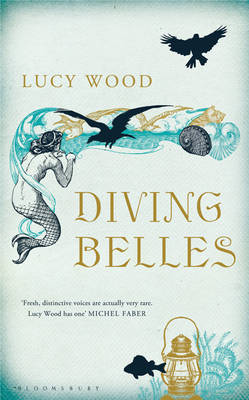
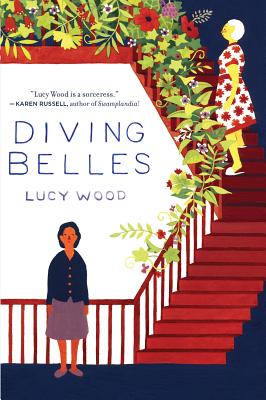
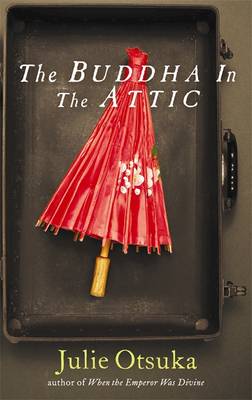
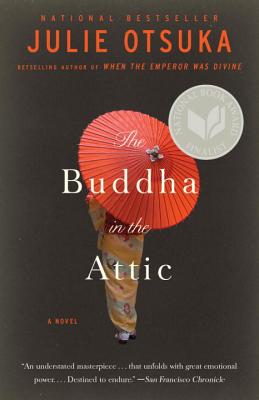
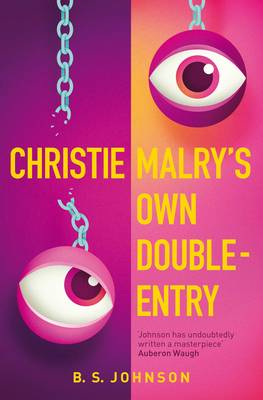
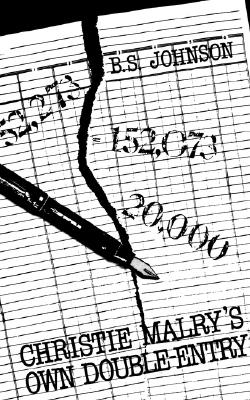
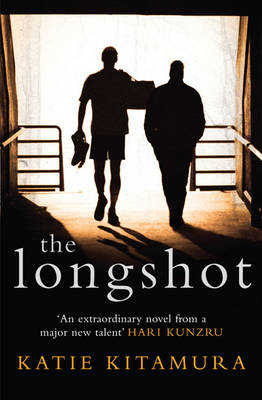
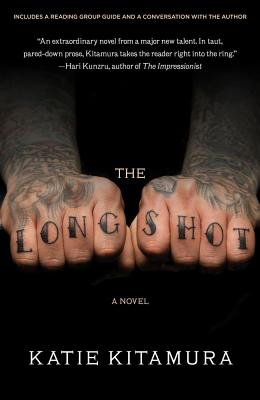
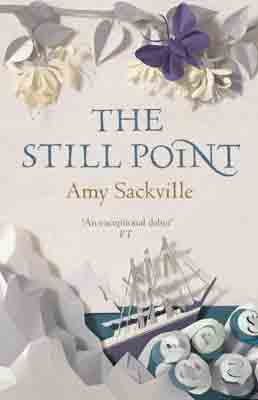
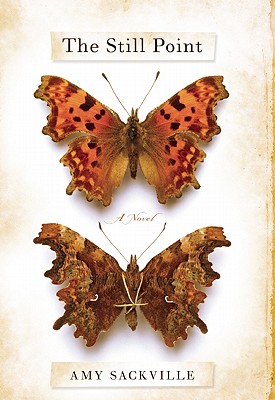
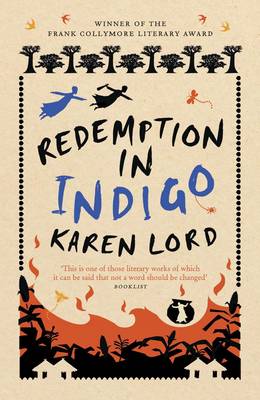
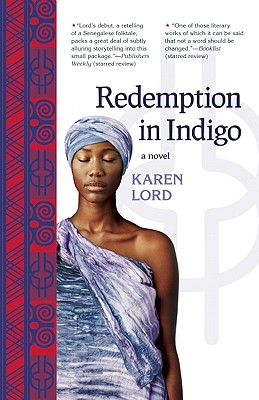
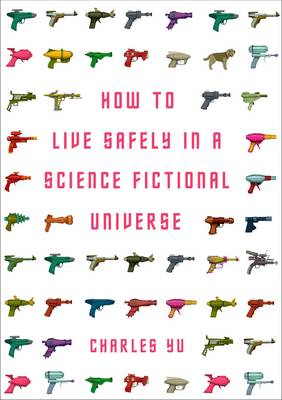
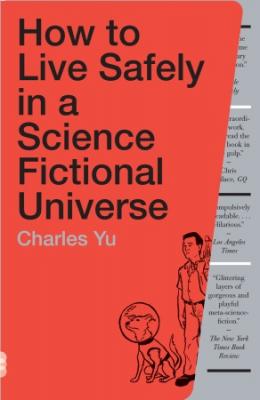

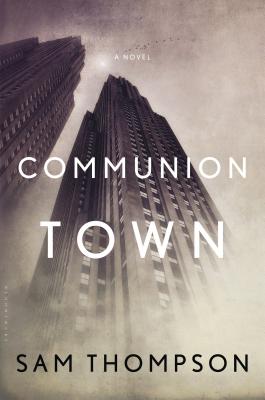
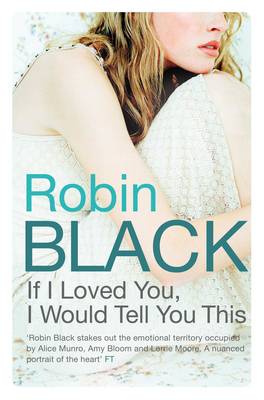
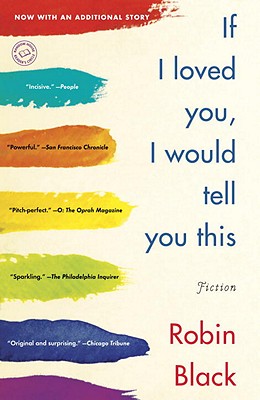
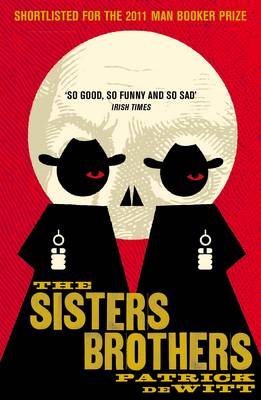
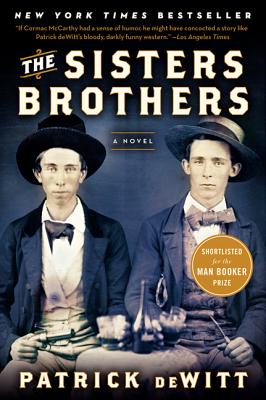
 Lloyd Shepherd, The Poisoned Island (2013). Another Regency mystery for magistrate John Harriott and constable Charles Horton of the Thames river police, last seen in
Lloyd Shepherd, The Poisoned Island (2013). Another Regency mystery for magistrate John Harriott and constable Charles Horton of the Thames river police, last seen in 
 I’ve been reading Marry Me, Dan Rhodes’s new collection of flash fiction on the theme of marriage. This being Rhodes, all is not exactly sweetness and light: in many of these stories, a male narrator is treated shabbily by his female partner – or occasionally he’s the one behaving shabbily himself – in absurd and darkly amusing ways.
I’ve been reading Marry Me, Dan Rhodes’s new collection of flash fiction on the theme of marriage. This being Rhodes, all is not exactly sweetness and light: in many of these stories, a male narrator is treated shabbily by his female partner – or occasionally he’s the one behaving shabbily himself – in absurd and darkly amusing ways. Viola di Grado,
Viola di Grado, 
 Priya Basil,
Priya Basil,  Ali Smith, Artful (2012). Four lectures on aspects of art, delivered by Smith at the University of Oxford in early 2012. Essayistic reflections on art are folded into the ongoing story of a woman haunted by her dead lover (who may or may not have returned). This is thought-provoking stuff, and I suspect it would be excellent read aloud by the author. Perhaps not the ideal book for me to choose as my introduction to Smith’s work, though.
Ali Smith, Artful (2012). Four lectures on aspects of art, delivered by Smith at the University of Oxford in early 2012. Essayistic reflections on art are folded into the ongoing story of a woman haunted by her dead lover (who may or may not have returned). This is thought-provoking stuff, and I suspect it would be excellent read aloud by the author. Perhaps not the ideal book for me to choose as my introduction to Smith’s work, though.
 M. John Harrison, Light (2002). I’m planning to read all of Harrison’s Kefahuchi Tract trilogy before Empty Space makes its likely appearance on next year’s Clarke Award shortlist. I actually find myself unsure what to say about this first volume in isolation, and feeling that I’ll get more from it once I’ve read the whole series. I am struck, though, by Light‘s general movement towards possibilities being realised and mysteries starting to be solved, which stands in marked opposition to what I’ve come to expect from Harrison’s work. Of course, that movement may yet be subverted – we shall see.
M. John Harrison, Light (2002). I’m planning to read all of Harrison’s Kefahuchi Tract trilogy before Empty Space makes its likely appearance on next year’s Clarke Award shortlist. I actually find myself unsure what to say about this first volume in isolation, and feeling that I’ll get more from it once I’ve read the whole series. I am struck, though, by Light‘s general movement towards possibilities being realised and mysteries starting to be solved, which stands in marked opposition to what I’ve come to expect from Harrison’s work. Of course, that movement may yet be subverted – we shall see.
Recent Comments